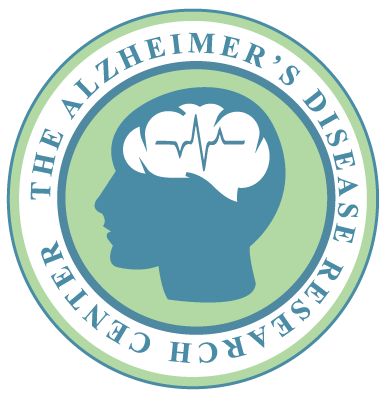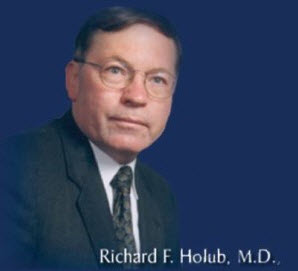 Alzheimer’s disease is a progressive neurological condition associated clinically with increasing difficulties with recent memory and recall, difficulties with thinking and changes in behavior. Pathologically there is a gradual reduction in function of the gray matter of the brain, associated with later actual loss of gray matter and thinning of the brain itself.
Alzheimer’s disease is a progressive neurological condition associated clinically with increasing difficulties with recent memory and recall, difficulties with thinking and changes in behavior. Pathologically there is a gradual reduction in function of the gray matter of the brain, associated with later actual loss of gray matter and thinning of the brain itself.
While forgetfulness is often considered a normal symptom of aging, patients with Alzheimer’s disease have more significant memory loss, which begins to interfere with their overall functioning and activities of daily living.
Over the past few decades we have developed several medicines which have been effective in stabilizing the memory and cognitive loss, associated with Alzheimer’s disease, however, gradual progression does continue and currently available medications cannot “cure this disease”.
There is a pressing need for continued clinical research focused on the development of new medications for the potential treatment of Alzheimer’s disease. There is an equally pressing need for patients, who are interested in joining and in becoming part of clinical research trials.
Alzheimer’s Treatment and Prevention
There are no currently available treatments to reverse the effects of Alzheimer’s Disease. The FDA has approved five medications, which appear to stabilize the disease and, according to some observers, slow progression. All five of these medications have been studied at and developed by Dr. Holub and his team at The Alzheimer’s Disease Research Center of Albany

There are medications currently in clinical research, however, which have therapeutic strategies to suggest that they may well have greater potential to effectively treat Alzheimer’s disease. This needs to be clarified through clinical research programs, like those available at The Alzheimer’s Disease Research Center of Albany. While Dr. Holub believes that it is important for each and every diagnosed patient to receive currently available medication as “platform therapy”, there is an equally pressing need to develop effective disease modifying medications, which can clearly slow and/or reverse the course of the disease process.
At the same time that Dr. Holub’s Research Office is moving forward in the development of potential new treatments for Alzheimer’s disease, he emphasizes the activities in which patients can engage at home in order to improve well being and to potentially slow progression of this disease. These activities include:
- Regular exercise, which may include cleaning house, doing yard work or regular gym activities. While cardiac level exercise may be beneficial, it is not required to benefit cognitive functioning. Regular activities at the home are helpful in and of themselves.
- Keeping the left language brain busy with activities that the individual might enjoy, such as word games, crossword puzzles, Sudoku, reading. Even if patients enjoy seeing movies, they are encouraged to talk about the movies with others to stimulate their memory and cognition.
- Socialization. It is important to remain socially active and engage wherever and whenever one can in settings that the individual enjoys. Even when recent memory and recall are diminished and the patient may not even recall a recent social event, the lingering well being that the social event engendered will often last for weeks.
- A low fat, low cholesterol, preferably Mediterranean diet is recommended. This is equivalent to a healthy cardiac diet and, in fact, neurologists will often use the phrase “what is good for the heart is good for the brain”.
- Right brain exercise is recommended, which includes activities that may include art and music, as well as hobbies and crafts. These principally right brain, non-language activities further stimulate the nervous system and lead to improved well being and may explain why one identical twin does not appear to develop Alzheimer’s disease when the other identical twin has already contracted the illness.


